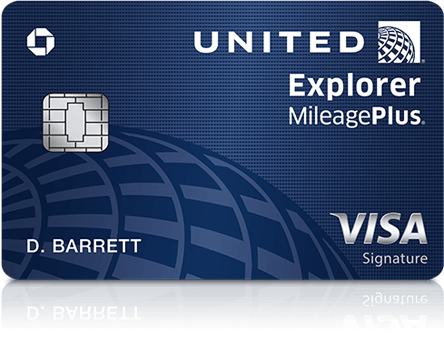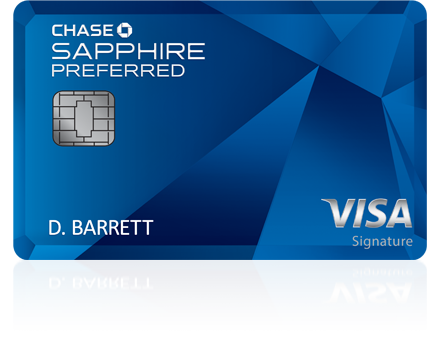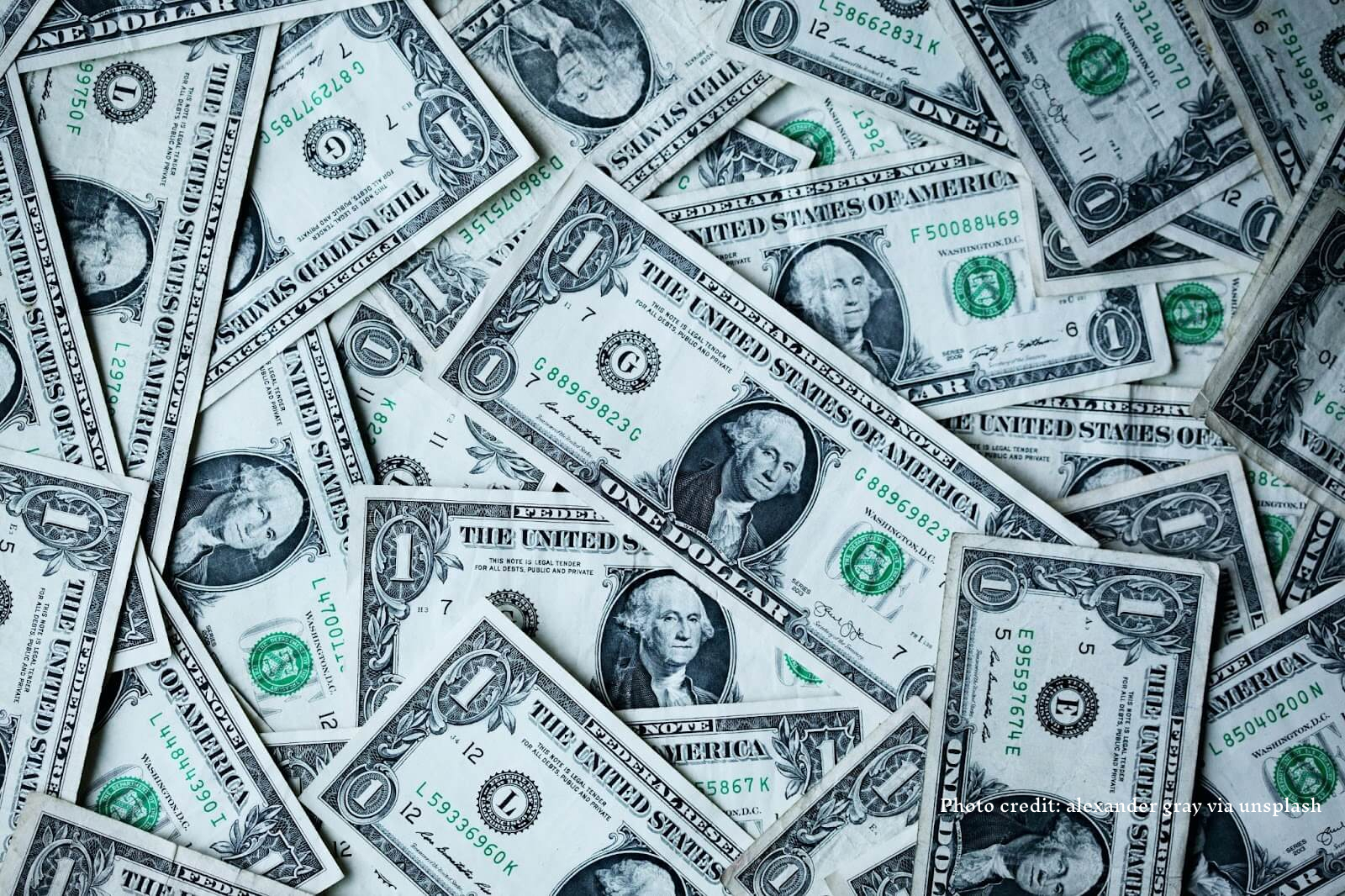
Photo: Tom Barrett
The credit card market is, basically, a rewards market. With the exception of beginner cards for building or rebuilding credit, each card tries to knock the others off of the podium with its best rewards program. These rewards come in various forms—cash back, points and miles—but they all do the same thing: give something back for spending money with that credit card. Though they’re similar in effect, they’re very different in whom they benefit. Choosing the right card means understanding your own spending habits and what rewards will benefit you the most.
Miles and points cards operate in the same way. You’ll accumulate a balance of miles or points at a certain rate that you’ll eventually redeem for rewards. And while true cashback cards automatically apply your cash back as statement credit, some behave like a points card. If a card offers 1 point for every $100 spent, that point is worth $1 and it will stay in your account until you accumulate enough to redeem them.
The main difference between points cards and miles cards is in the rewards offered. Points cards tend to be more flexible because a miles card is typically sponsored by one airline. A United Airlines Explorer card will earn United rewards: flight discounts, free upgrades, free bags, etc. A Chase Ultimate Rewards card, on the other hand, offers 1¢ per dollar spent to use on shopping sites like Amazon.
Here, it is important to understand your spending habits. Many points cards let you redeem points on specific rewards, or partner websites. Meanwhile, some cashback cards, even those that are basically points cards, give higher cash back value for certain categories, such as restaurants or gas. What you buy and what you want to receive for your points or miles will signal which card is best.
If you travel frequently, the rewards of a miles card will probably justify being locked into one airline. If you’re paying off student loans, Citi ThankYou Points offers rebates to help. If you love to try new restaurants, the Uber Visa card will give 4% back on dining purchases. One surprising study showed that hotel-affiliated rewards cards offered better rewards rates than airline cards or cashback programs, even when used on everyday purchases. The average rewards rate for hotel cards was 2.5%, higher than many other points- or miles-earning cards.
The other important factor to consider is the sign-up bonus that might be offered by one card and not another. For example, the Uber Visa card earns a $100 bonus after you spend $500 in the first 3 months. The Citi ThankYou card earns 15,000 points after $1,000 spent in 3 months. The Chase Sapphire Preferred card gives you 50,000 bonus points when you spend $4,000 in 3 months. This card’s points can become miles—50,000 points become $625 towards airfare. It also offers double the points earned for travel purchases and dining, so it’s a good example of how cards can cross over into other categories regardless of whether they earn “points” or “miles.”
While shopping for a card with high rewards, be careful of annual fees. After the first year, the Chase Sapphire Preferred card charges $95 per year. Depending on the amount you spend, this fee (and the similar fees on other cards) could start to cancel out some of the rewards you earn. The Uber Visa card, on the other hand, has no annual fee. Read the details of any credit card agreement carefully because an annual fee might start (or increase) only after the first year.
The credit card market is full of great rewards through various partnerships with airlines, hotels, websites and other companies. Though it takes time and patience to sort through the fine print of dozens of cards, your work will pay off for years, whether it’s in cash back, points or miles.
Tom Twardzik is a personal finance writer for Paypath. He also covers music, film, TV and gaming. Follow him on Twitter













